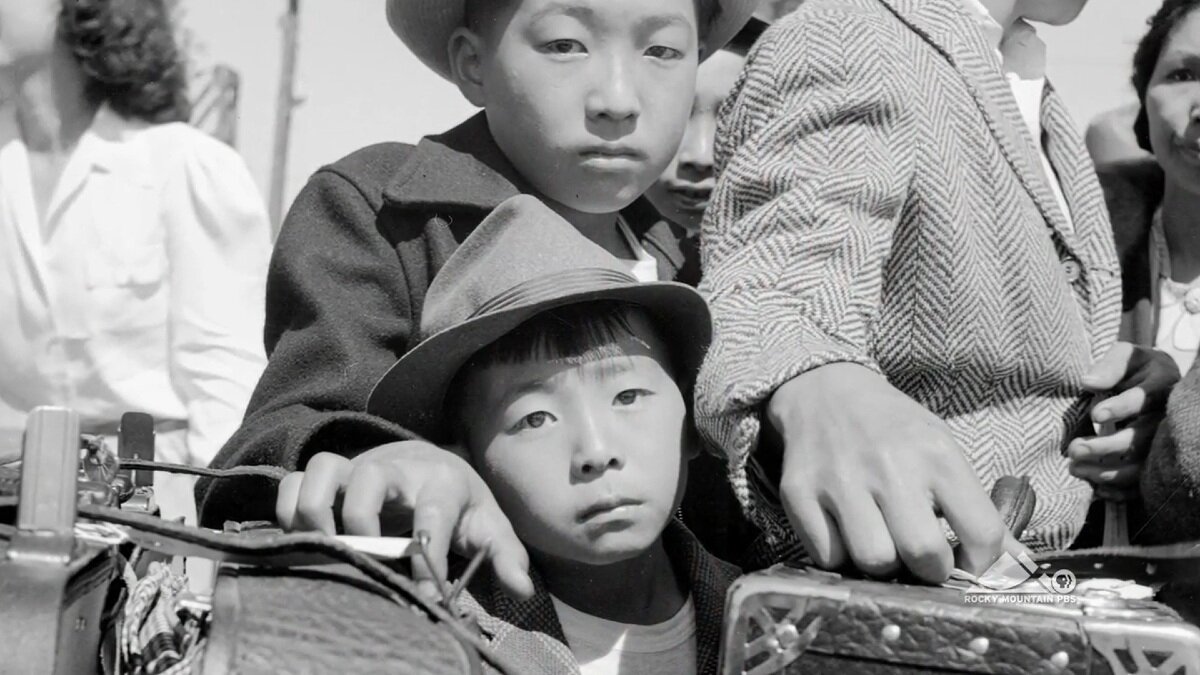Biden signs bill to include Amache Japanese Internment Camp Site in National Park Service

WASHINGTON — The U.S. Senate passed a bill Feb. 14, 2022 that will add the Amache Japanese internment camp site to the National Park System.
During World War II, the U.S. government moved more than 100,000 Japanese Americans to internment camps across the country, including the Granada Relocation Center in Colorado. It is more commonly known as Amache. The site held nearly 8,000 internees, making it the tenth largest city in Colorado at the time.
U.S. Senator Michael Bennet (D-Colo.) said the bill will “help ensure we never forget our nation’s shameful incarceration of Japanese Americans.”
Colorado Republican Rep. Ken Buck and Democratic Rep. Joe Neguse con-sponsored a similar bill that passed in the House last year 416-2. The Senate’s bill, however, moved slower — Republican Sen. Mike Lee of Utah was the sole senator opposed to passing the bill by unanimous consent last week. Lee’s office told The Associated Press the senator objected “to any increase in the total amount of land owners by the federal government as the federal government fails to adequately care for the land already in its vast holdings.”
[Related: Lone senator blocks Japanese internment camp designation, draws ire]
According to Amache.org, “the entire site was over 10,000 acres, but only 640 acres, or one square mile, was devoted to the central camp area.”
Last year, Colorado Governor Jared Polis expressed support for the bill, which now awaits President Biden’s signature before becoming law. You can read our previous coverage below.
GRANADA, Colo. — The National Park Service (NPS) oversees 12 sites in Colorado. Governor Jared Polis wants to make it 13.
In a letter to acting NPS Director Shawn Benge, Polis called on the NPS to include the former Amache Japanese Internment Camp Site in Prowers County, Colorado, into the National Parks system.
“Preserving and protecting the Amache site presents a valuable opportunity to better our country, our state, our history and most importantly our future in the spirit of justice, equity and inclusion,” Polis said in a statement. “It will allow us to interrogate our past, and understand a more complete story of our nation."
After the Japanese attacks on Pearl Harbor in 1941, roughly 110,000 Japanese Americans were relocated to internment camps across the United States. The Granada Relocation Center, more commonly known as Amache, held 7,567 internees — making it the tenth largest city in Colorado.
Polis said he also thinks Amache’s inclusion in the NPS will draw more attention to this little-known part of Colorado history.
“Many Coloradoans would likely be surprised to learn of its existence, let alone of its enduring significance to the local community of Grenada, or that hundreds of former Amache occupants stayed on to become permanent residents of our state,” Polis wrote in the letter.
You can read the governor’s full letter here.
Amache’s 328 acres held more than 7,000 Japanese Americans from 1942 to 1945 during the second World War, according to History Colorado. Unlike his contemporaries, then-Colorado Governor Ralph L. Carr opposed the internment camps, and invited the Japanese Americans to stay in Colorado after the war.
When the first Japanese Americans arrived at Amache, Carr confronted a group of angry Coloradans who had threatened the Japanese Americans and said, “If you harm them, you must first harm me. I was brought up in small towns where I knew the shame and dishonor of race hatred. I grew up to despise it because it threatened the happiness of you, and you, and you.”
But Carr’s tolerance, which eventually derailed his career, only mattered so much; thousands of Japanese-American families were nevertheless forced to live in Amache, surrounded by barbed wire fencing, during the frigid winters and boiling summers.

The NPS is currently conducting what is called a Special Resource Study to evaluate “the suitability for inclusion of the Amache site into the National Park system,” according to the governor’s office.
Either an act of congress or by the president is required to include new additions to the NPS. The Special Resource Study will include recommendations on whether congress or President Biden should approve Amache’s inclusion.
“Should the study support congressional action, Governor Polis will work to support swift passage of designating legislation with the Colorado delegation,” his office said.
Four of the 12 Colorado sites overseen by the NPS are national parks: Black Canyon Of The Gunnison, Great Sand Dunes, Mesa Verde, and Rocky Mountain National Park.
Resources
- History Colorado Online Exhibit: Amache: Japanese Internment in Colorado
- Colorado Encyclopedia: Granada War Relocation Center (Amache)
Kyle Cooke is the Digital Media Manager for Rocky Mountain PBS. You can contact him by emailing kylecooke@rmpbs.org or on Twitter at @KyleACooke.